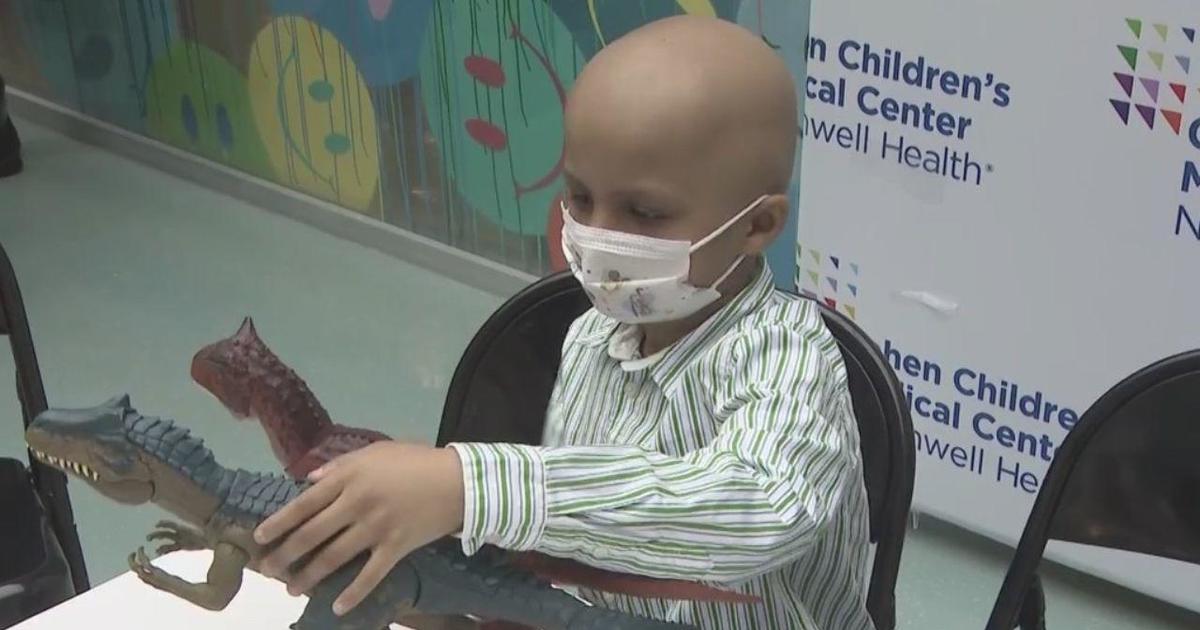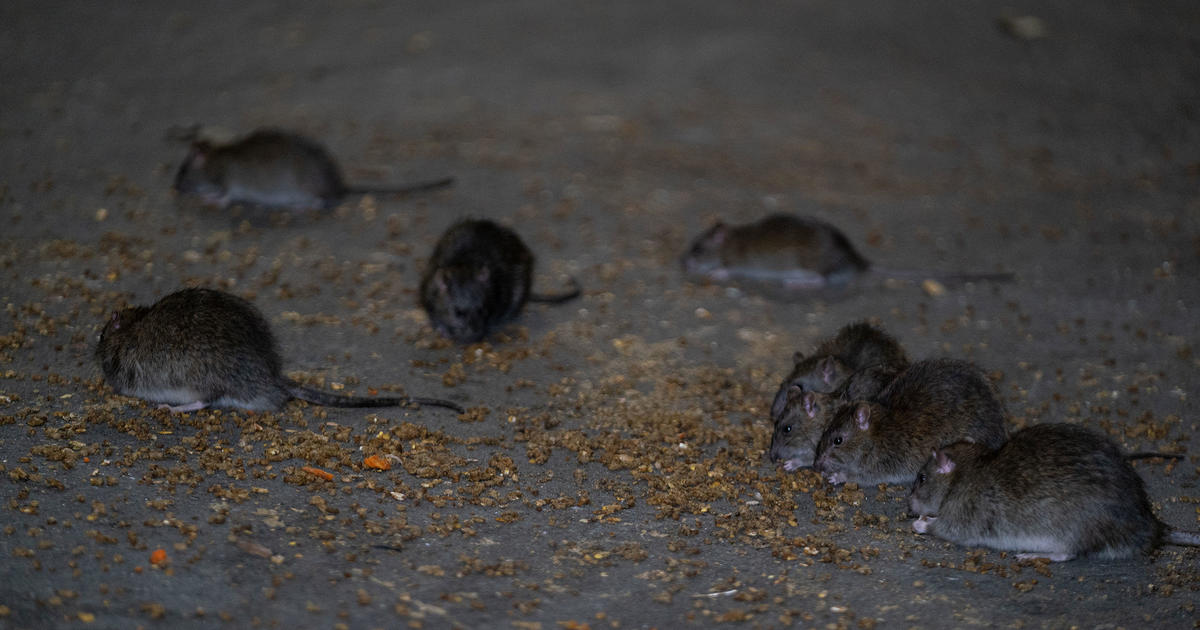New Strain Of 'Enormously Infectious' Stomach Bug Arrives
NEW YORK (CBSNewYork) - Beware. The stomach bug is here, and it's a new strain that is severe.
People are starting to feel cramping and other symptoms, such as nausea, vomiting, diarrhea, and abdominal pain.
"People are really sick with this and affects a lot of people every year. About 21 million people get Norovirus. There are 70,000 hospitalizations and 800 deaths," CBS News Medical Correspondent Dr. Jonathan LaPook told WCBS 880's Wayne Cabot.
New Strain Of 'Enormously Infectious' Stomach Bug Arrives
He said Norovirus season peaks in January and February.
People call it the "stomach flu," but it is not the flu.
"It is not the influenza, but it is a nasty virus," LaPook said. "Every two or three years, there's a new strain of it and this year, we're seeing a new strain and it's a particularly nasty strain. Unfortunately, as people know when they ask their doctor for antibiotics when they have a cold, which is caused by a virus, if it's not caused by bacteria, the antibiotics don't help.
He said Norovirus is "enormously infectious." He said it's very easily spread from person to person and the source is often contaminated food such as vegetables or fish.
LaPook said it can survive temperatures up to 140 degrees.
"So, sometimes when you prepare shellfish and you don't cook it enough, it can be right in there," he said.
There is no pill or vaccine to take for it. The only way to avoid getting it is to be extremely diligent about washing your hands and making sure that your food is carefully prepared.
"Here's a clinical pearl. The alcohol-based sanitizers, they can be used in addition to hand washing, but they're not perfect at getting rid of Norovirus and really the best thing to do is to wash your hands very carefully with soap and water and I know it may seem like a long time, but if you sing 'Happy Birthday' twice," he said. "It's very important also to get the tips of the fingers. When they look at where people screw up in terms of washing their hands, they very often leave out the tips of their fingers and that's where a lot of schmutz and bacteria can lodge, right under the fingernails."



